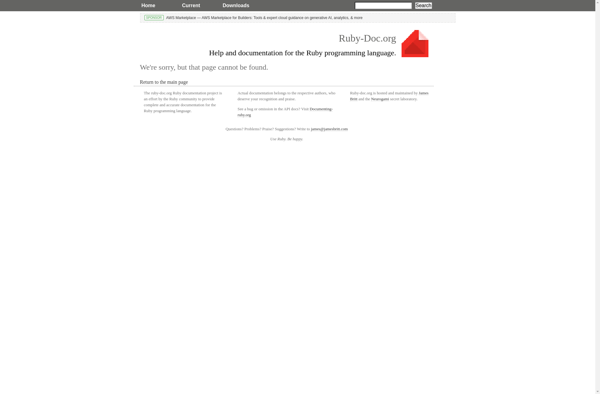Nginx
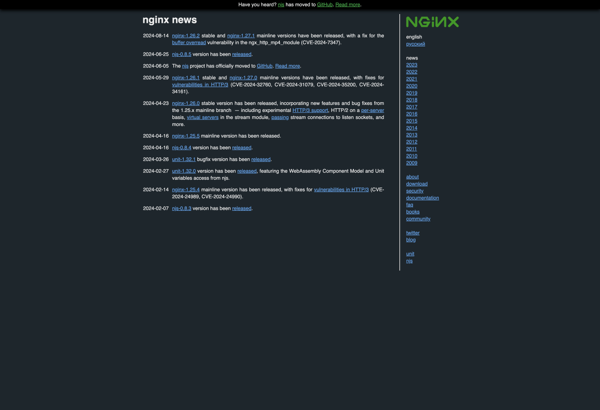
Nginx: High-Performance Web Server & Reverse Proxy
Nginx, a high-performance web server and reverse proxy server. Known for its speed, efficiency, and scalability, Nginx is widely used for serving web content, load balancing, and caching. It offers robust features for handling high traffic and optimizing web application performance.
What is Nginx?
Nginx is a powerful and versatile web server and reverse proxy server renowned for its performance, efficiency, and scalability. Originally developed to address the C10k problem (handling 10,000 simultaneous connections), Nginx has since become one of the most popular web servers and is widely used in production environments. Key Features: High Performance: Nginx is designed to handle high volumes of traffic efficiently, making it suitable for serving static content, dynamic content, and API endpoints. Its event-driven architecture and asynchronous processing enable it to handle thousands of simultaneous connections with low resource consumption. Reverse Proxy: Nginx can act as a reverse proxy server, forwarding client requests to backend servers and routing responses back to clients. This makes it ideal for load balancing, distributing incoming traffic across multiple backend servers to improve reliability and performance. HTTP Server: Nginx functions as a powerful HTTP server, serving web content, handling SSL/TLS termination, and supporting features like virtual hosts, URL rewriting, and HTTP/2. Its configuration syntax is flexible and easy to understand, allowing for customization and optimization of web server behavior. Caching: Nginx includes built-in caching capabilities, allowing it to cache static content and dynamically generated content to improve performance and reduce server load. This is particularly useful for serving frequently accessed resources and reducing latency for end users. Security: Nginx offers features for enhancing web application security, including access controls, rate limiting, and SSL/TLS encryption. It can also be used in conjunction with third-party modules and tools for additional security measures. Extensibility: Nginx supports a modular architecture, allowing users to extend its functionality through third-party modules and plugins. This enables customization and integration with additional features such as content compression, authentication mechanisms, and logging. Scalability: Nginx is designed to scale horizontally, allowing it to handle increasing levels of traffic by adding more servers to a cluster. Its lightweight and efficient architecture make it well-suited for deployment in distributed and microservices-based architectures. Nginx is widely used by web developers, system administrators, and DevOps professionals for serving web applications, APIs, and content-rich websites. Its performance, reliability, and extensive feature set make it a preferred choice for modern web infrastructure.
Nginx Features
Features
- High performance
- Load balancing
- Reverse proxy
- Caching
- Web server
- Static file serving
- HTTP compression
- SSL/TLS support
Pricing
- Open Source
- Free
- Custom Pricing
Pros
Cons
Official Links
Reviews & Ratings
Login to ReviewThe Best Nginx Alternatives
Top Network & Admin and Web Servers and other similar apps like Nginx
Here are some alternatives to Nginx:
Suggest an alternative ❐Apache HTTP Server
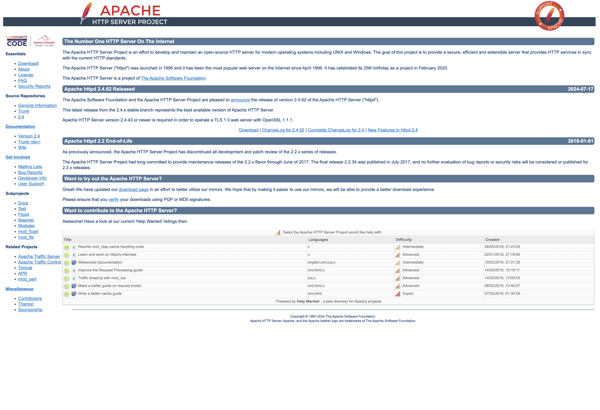
Lighttpd
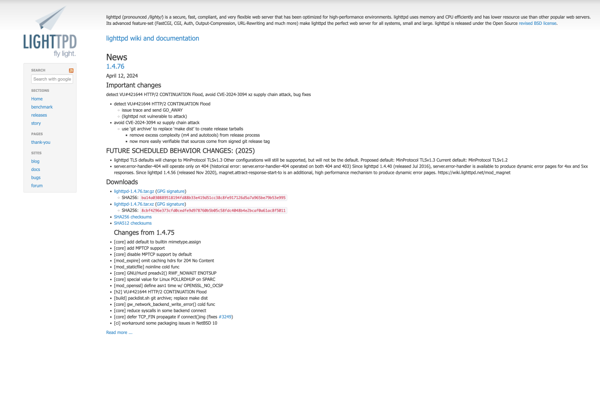
Tornado Web Server
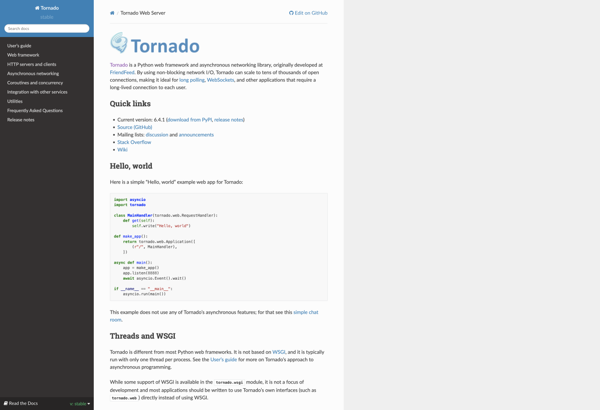
SimpleHTTPServer
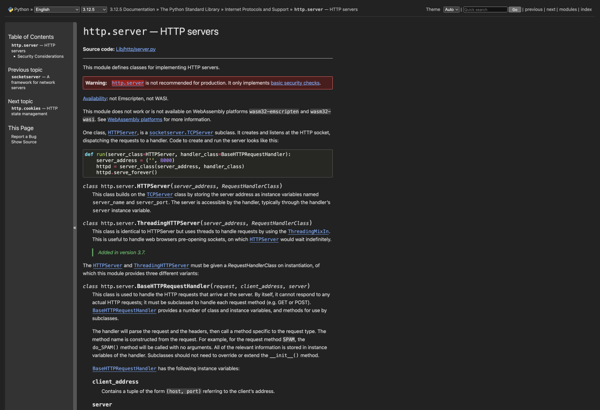
Serva 32/64
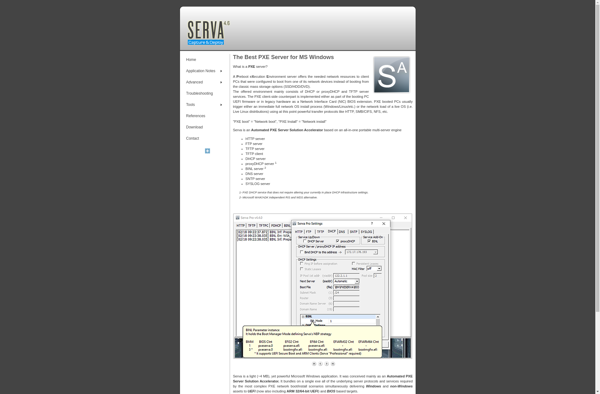
Haproxy
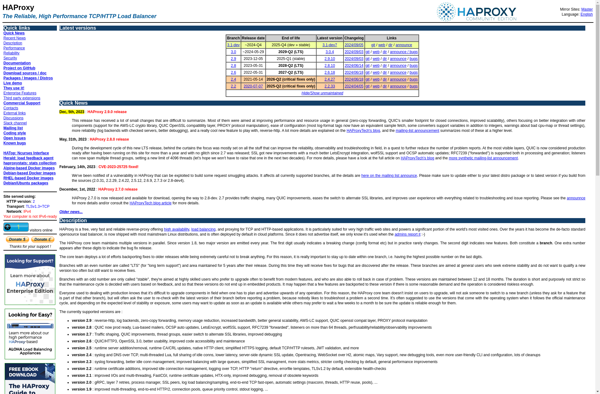
Microsoft IIS

Træfik Proxy

Caddy

Varnish
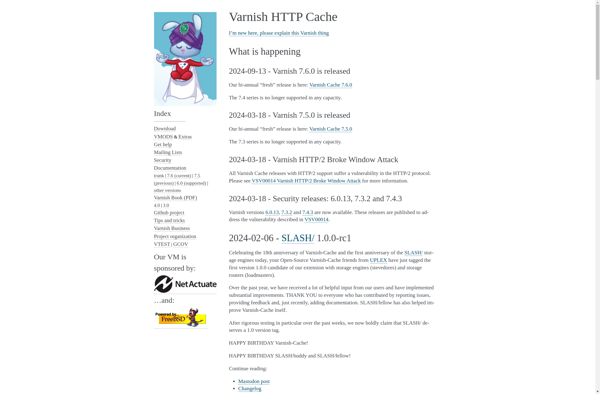
Goproxy
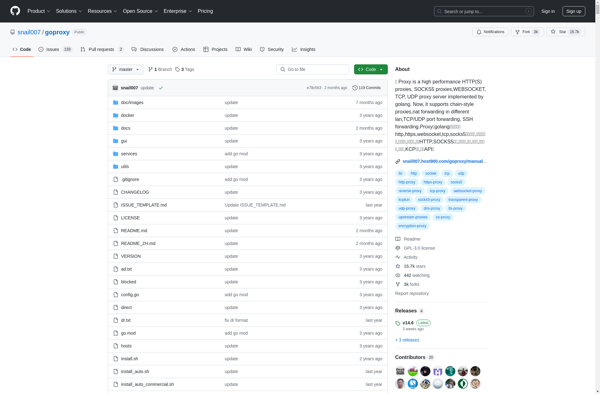
LiteSpeed Web Server (LSWS)

Abyss Webserver
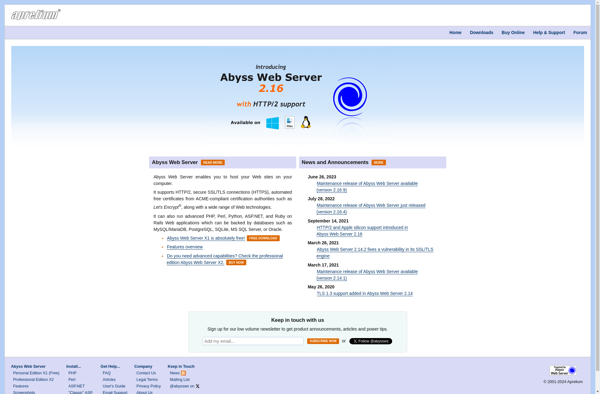
TinyWeb
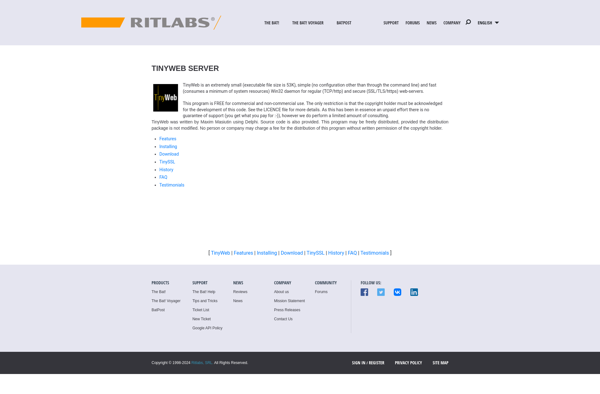
Simple HTTP Server

Webfs

Gobetween

OpenLiteSpeed

ZEVENET

Windows Webserver

Baby Web Server

MicroApache

KatWeb
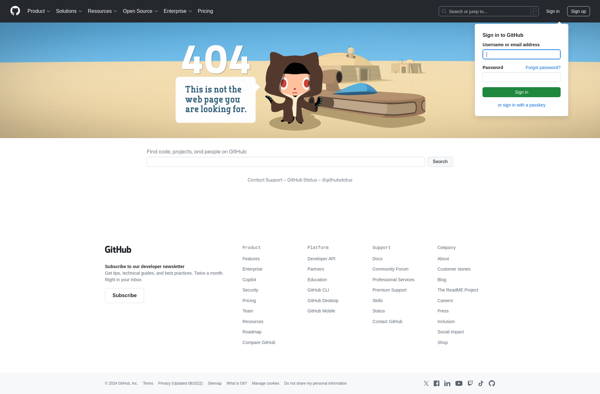
Cherokee
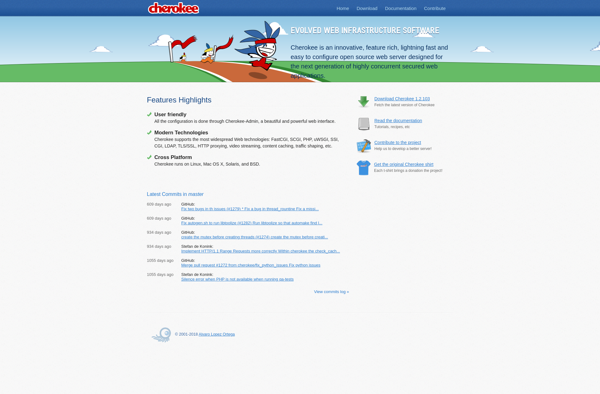
Nuster
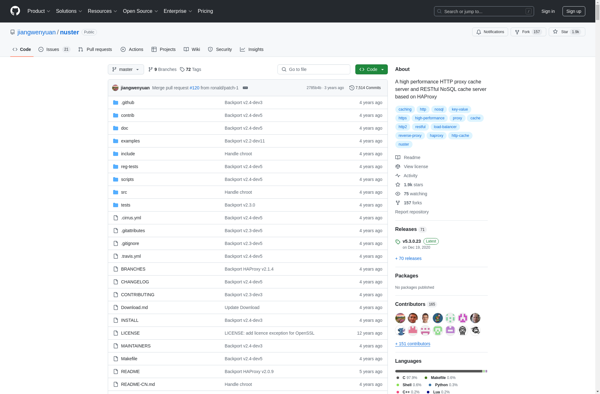
Nanoweb

Algernon
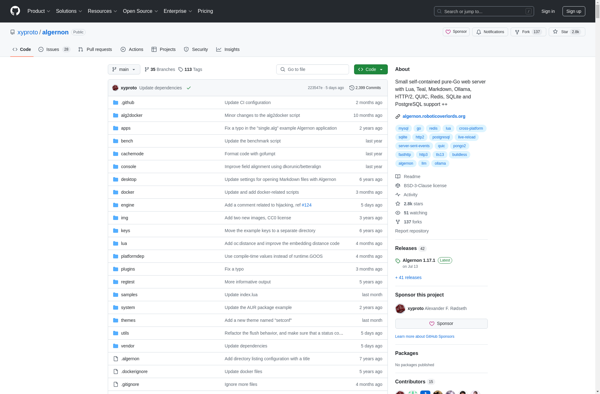
TrustLeap G-WAN Web Server

Mongrel
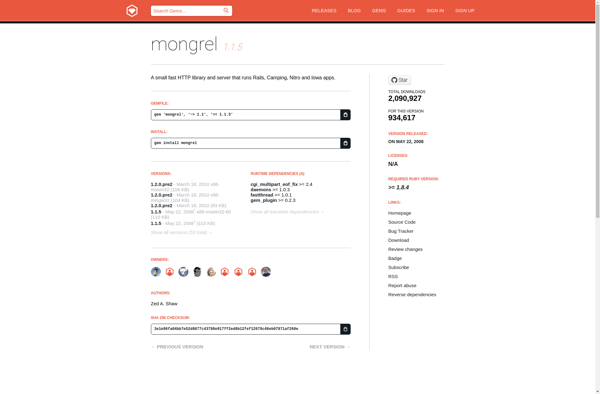
Hiawatha

ShimmerCat
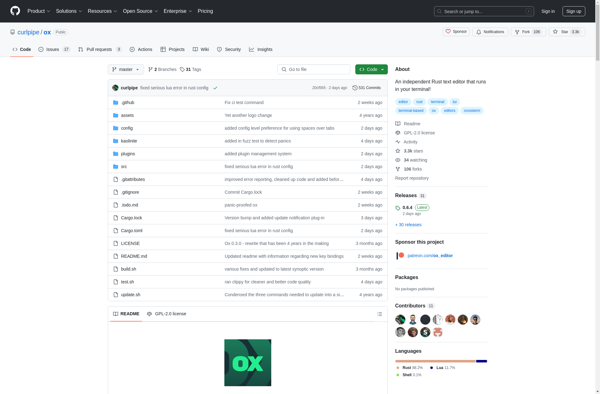
Thttpd

Mongrel2
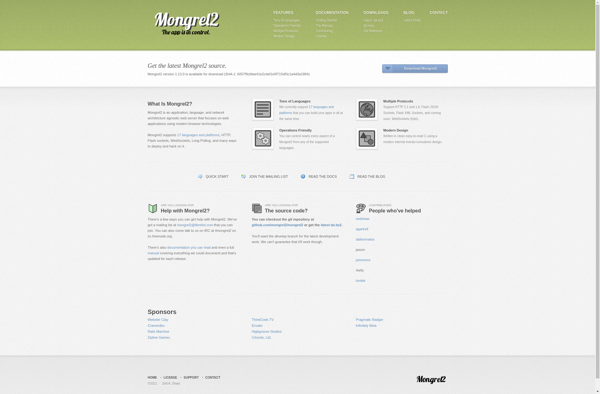
Appweb

SimpleServer:WWW

VBServer

Lwan
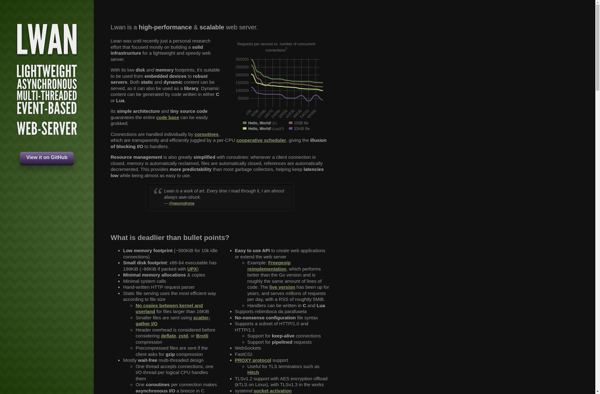
Tntnet

Rwasa
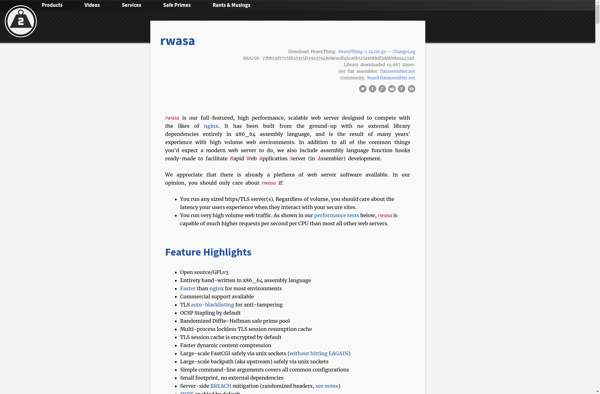
HtmlSpeed
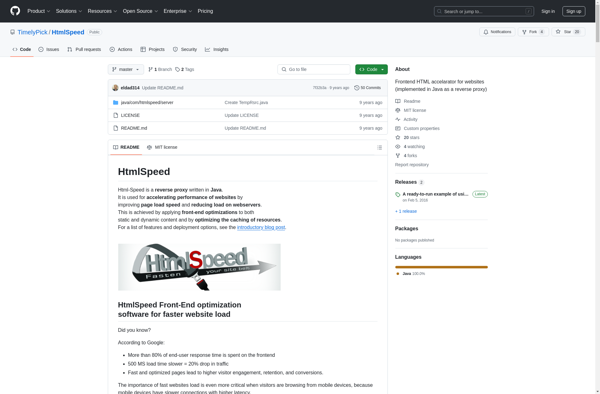
WEBrick
